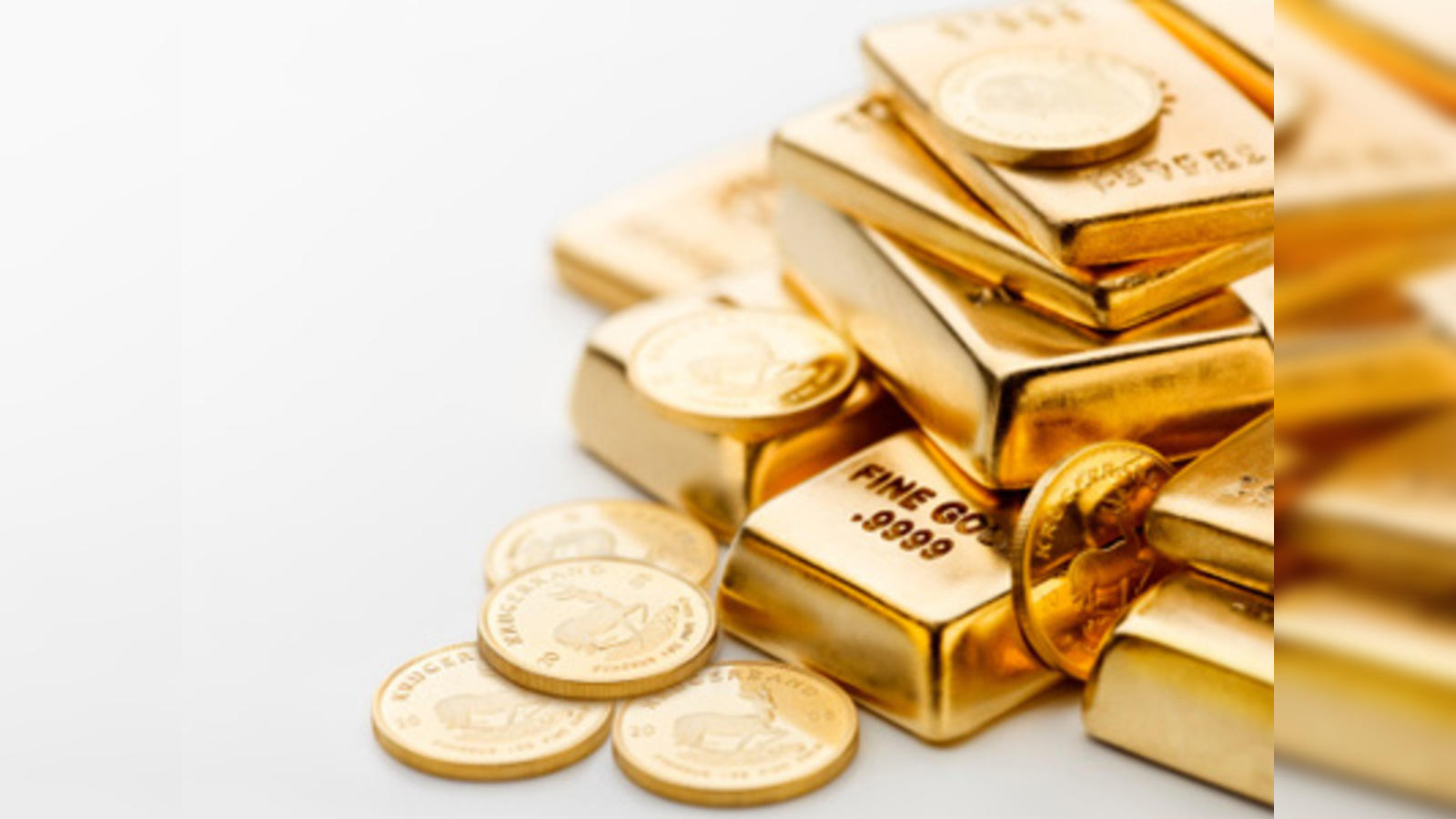Introduction
Ever wondered how pawn shops determine the value of your items? Whether you’re looking to get quick cash or simply curious about the process, understanding pawn shop valuation can be incredibly beneficial. Pawn shops are often seen as the go-to places for urgent financial needs, but there’s more to it than meets the eye. In this guide, we’ll break down how pawn shops evaluate items, the factors that influence valuation, and tips to get the best deal. Ready? Let’s dive in!
What is Pawn Shop Valuation?
How Pawn Shops Determine Value
Pawn shop valuation is the process by which a pawn broker assesses the worth of an item presented for pawning or selling. This evaluation determines how much money the shop is willing to lend or pay for the item. Unlike traditional retail settings, pawn shops often deal with unique items, so their valuation methods can be quite different.
Common Items Pawned
You might be surprised by the variety of items pawned! Common items include:
- Jewelry: Gold buyers, silver, and diamond pieces are frequently pawned.
- Electronics: TVs, laptops, and gaming consoles.
- Musical Instruments: Guitars, pianos, and more.
- Collectibles: Coins, stamps, and memorabilia.
- Tools: High-quality tools are often sought after.
Factors Affecting Pawn Shop Valuation
When it comes to determining the value of an item, several key factors come into play.
Condition of the Item
The condition of your item is crucial. A well-maintained piece will fetch a higher price than one that’s seen better days.
Wear and Tear
Signs of wear can significantly impact value. For example, jewelry with scratches or electronics with dents may be valued lower.
Functionality
Does your item still work? A fully functional item will always be worth more than a non-functional one. If you have electronics, make sure they’re in good working condition before you pawn them.
Market Demand
The current demand for specific items plays a significant role in valuation. If a particular type of jewelry or electronic device is trending, you can expect a better offer.
Brand Reputation
Items from well-known brands often hold their value better than generic alternatives. A high-end watch, for instance, can fetch a premium price simply because of its brand.
Rarity and Uniqueness
Unique or rare items can sometimes be valued higher than their common counterparts. If you have something that’s hard to find, don’t hesitate to highlight that during your appraisal.
The Valuation Process at Pawn Shops
So, how does the valuation process actually work at a pawn shop?
Initial Assessment
When you bring an item to a pawn shop, the broker will first perform a quick visual inspection. They’ll look for obvious signs of condition, brand labels, and overall appeal.
Appraisal Methods
Pawn shops often use several methods to evaluate items more thoroughly. Gold buyers play a crucial role in the market by providing a convenient avenue for individuals to sell their gold items, whether it’s jewelry, coins, or bullion. These buyers assess the value of gold based on its purity, weight, and current market prices, offering cash on the spot for your valuables. This process is particularly appealing for those in need of quick funds, as gold buyers often operate with minimal paperwork and no credit checks.
Comparative Market Analysis
This method involves comparing your item to similar items sold recently. It’s like checking eBay or other marketplaces to see what others have paid.
Expert Evaluation
Some pawn shops have in-house experts who can provide a more precise valuation. For example, a jewelry expert can determine the value of your diamond ring based on its quality and current market trends.
Understanding Loan-to-Value Ratios
What is LTV?
The Loan-to-Value (LTV) ratio is a key concept in pawn shop valuation. It represents the ratio of the loan amount to the appraised value of the item.
Typical LTV Ratios for Different Items
Most pawn shops will offer LTV ratios between 30% to 60% of the item’s value. For example, if your item is valued at $1,000, you might receive a loan of $300 to $600.
Tips for Getting the Best Valuation
Want to maximize your pawn shop experience? Here are some handy tips:
Do Your Research
Before heading to the pawn shop, research similar items online. Knowing the market value can give you leverage during negotiations.
Present the Item Well
A clean, well-presented item is likely to get a better valuation. If it’s jewelry, polish it up; if it’s electronics, make sure they’re clean and functional.
Be Prepared to Negotiate
Don’t accept the first offer! Pawn brokers expect some back-and-forth, so feel free to negotiate based on your research.
Common Misconceptions About Pawn Shop Valuation
Let’s debunk some myths about pawn shops and their valuation processes.
Pawn Shops are Just for Desperate Sellers
Many people believe pawn shops only serve those in dire need of cash. In reality, many customers use pawn shops as a smart way to manage their finances and leverage their assets.
All Items Are Valued Equally
Another misconception is that all items are treated the same. In fact, pawn shops assess items based on various factors, including condition, brand, and market demand.
Benefits of Using Pawn Shops
Quick Cash
Need cash quickly? Pawn shops can provide you with cash on the spot, making them a convenient option for immediate financial needs.
No Credit Checks
Unlike traditional loans, pawn shops do not require credit checks. This makes them accessible for individuals with poor credit scores.
Conclusion
Understanding pawn shop valuation can help you make the most of your experience, whether you’re looking to pawn or sell your items. By knowing how valuation works, what factors affect it, and how to prepare, you can maximize your returns. Remember to research, present your items well, and be ready to negotiate for the best deal. So, the next time you need quick cash, consider visiting a pawn shop armed with this knowledge—it could make all the difference!

